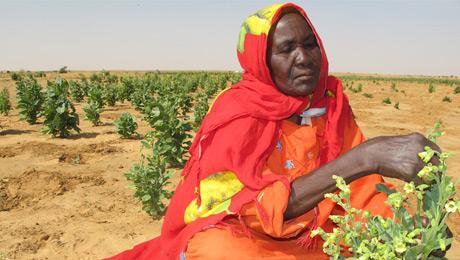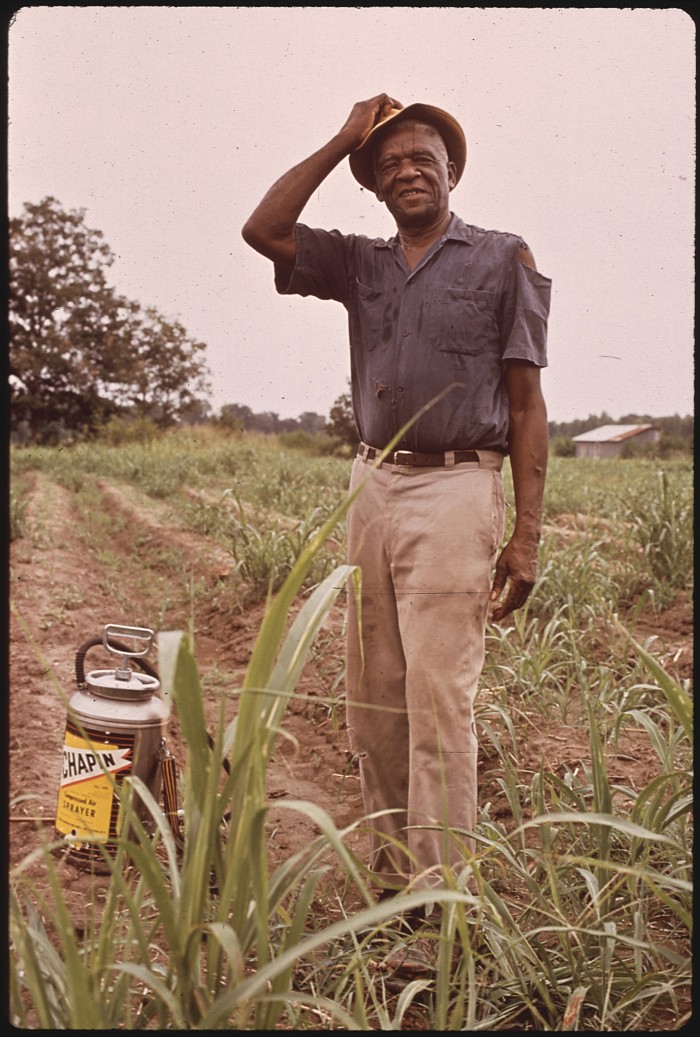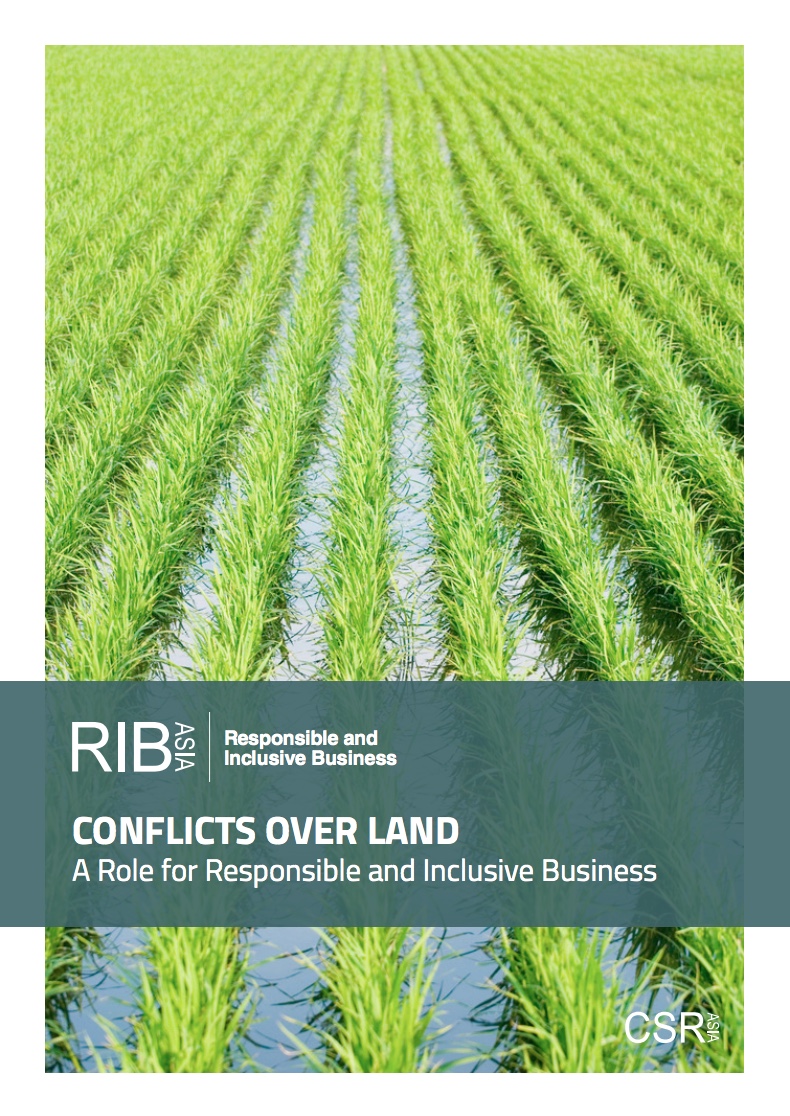Unlocking Africa's Agricultural Potential
Transforming agriculture in Africa is
not simply about helping Africa; it is essential for
ensuring global food security. But Africa s agriculture is
also of critical importance when it comes to meeting the
world s future needs for food and fiber. With the global
population expected to exceed 9 billion by 2050, food
security producing enough food of sufficient quality and
making it accessible and affordable for consumers around the










